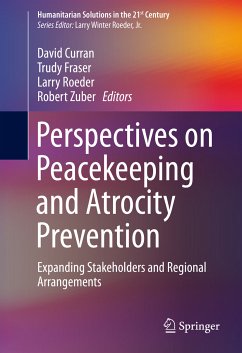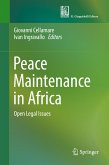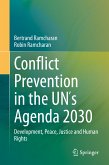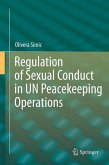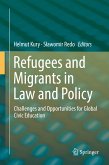Contributors advance a nuanced picture of post-conflict environments across different areas of the globe while considering possible deployments of peacekeeping, traditional military, and UN forces in semi-autonomous complementary roles. Longstanding debate topics such as the need for a standing UN army and the field implementation of global right-to-protect concepts are discussed, as are emerging ideas in civilian protection, atrocity prevention, and balancing triage operations with long-term peacebuilding efforts. Other dispatches chronicle key issues and concerns regarding peacekeeping operations in Brazil, China, and diverse regions of Africa.
Included in the coverage:
- Protecting strangers: reflections on a cosmopolitan peacekeeping capacity.
- Towards a standing UN force for peacekeeping.
- Challenges posed by intervention brigades and other coercive measures in support of the protection of civilians.
- Addressing the criminal accountability of peacekeepers.
- The evolution of China's role in peacekeeping and atrocity crime prevention.
- Businesses and investors as stakeholders in atrocity crime prevention.
"In a refreshing and engaging manner, this edited volume represents a much-needed contribution to the debate on how best to address current security threats given the limitations and the possibilities of peacekeeping and atrocity prevention."
Dr. Maria Stern, School of Global Studies, University of Gothenburg
"This collection of articles effectively points to the challenges, complexities and sensitivities of preventing and halting mass atrocity crimes in part through the use of UN peacekeeping operations."
Dr. György Tatár, Budapest Centre for the International Prevention of Genocide and Mass
Atrocities
Including a Foreword by Adama Dieng, UN Secretary-General's Special Adviser on the Prevention of Genocide
Dieser Download kann aus rechtlichen Gründen nur mit Rechnungsadresse in A, B, BG, CY, CZ, D, DK, EW, E, FIN, F, GR, HR, H, IRL, I, LT, L, LR, M, NL, PL, P, R, S, SLO, SK ausgeliefert werden.

